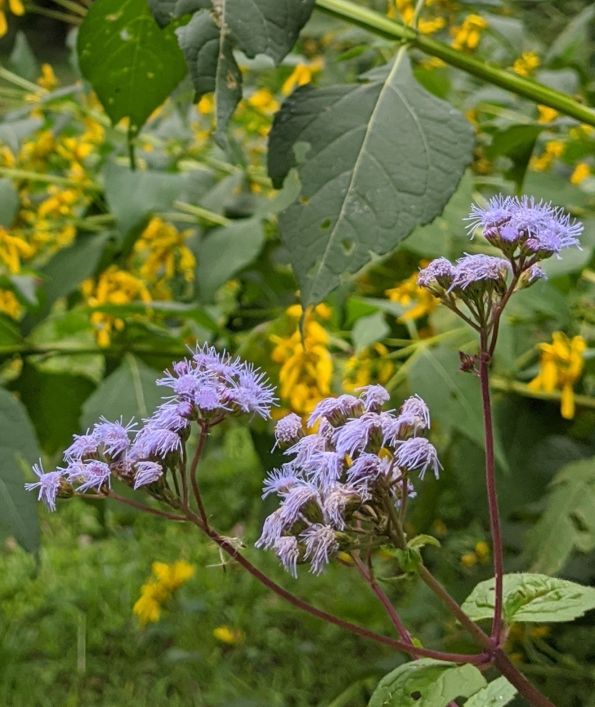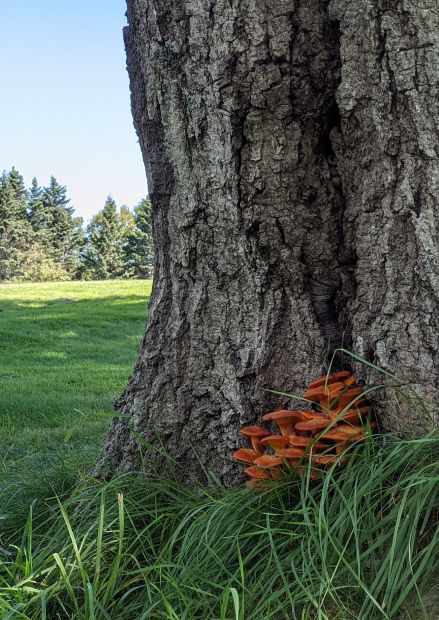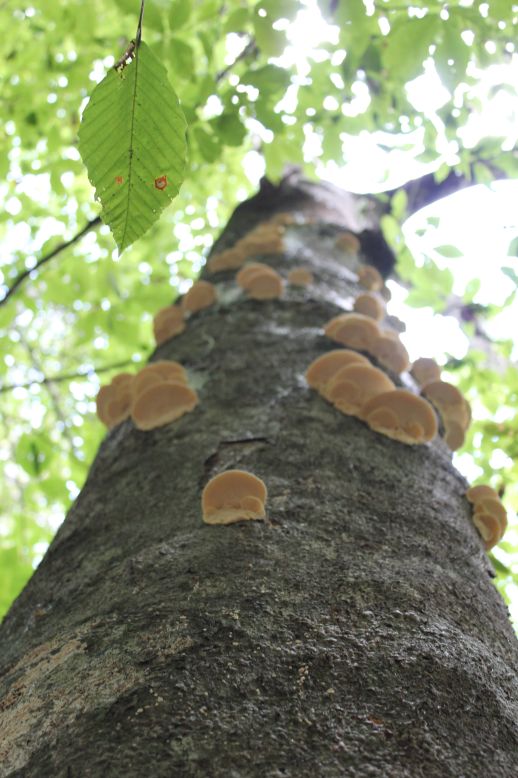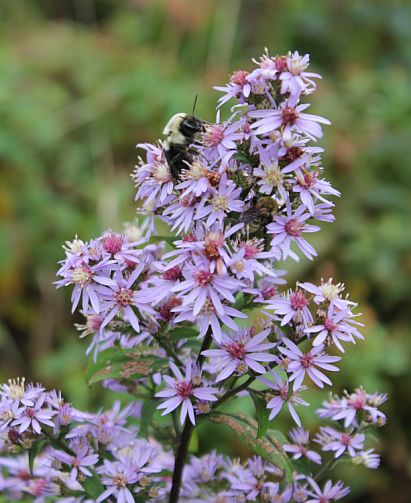-
The Call – Stroope/Herbert

Come, my Way, my Truth, my Life:
Such a Way, as gives us breath:
Such a Truth, as ends all strife:
Such a Life, as killeth death.
Come, my Light, my Feast, my Strength:
Such a Light, as shows a feast:
Such a Feast, as mends in length:
Such a Strength, as makes his guest.Come, my Joy, my Love, my Heart:
George Herbert
Such a Joy, as none can move:
Such a Love, as none can part:
Such a Heart, as joyes in love.The Call was first a poem penned by George Herbert (1593-1633), a poet, orator and priest of the Church of England. It is one of the dozens of poems in The Temple, published in the year of his death at age 39. Herbert is considered a Metaphysical poet noted for use of direct language in an abstract setting. The Call couples the metaphysical identities of Jesus articulated in 14:6 “I am the way, the truth, and the life” with the invitation of these identities into our lives, as found in the late verses of Revelation 22.
Ralph Vaughan Williams set The Call, along with other poems from The Temple, to music in Five Mystical Songs (1911) originally written for baritone voice [1]. This version of The Call has been employed in worship recently at ESUMC; it has also been adapted for use as a hymn, #164 in our current hymnal.
Z. Randall Stroope (b. 1953) published his implementation of The Call in 2006 (listen). True to the original text, it employs an up-beat major theme building to the end, with some use of syncopation.
Stroope is an American composer, conductor, and sometimes faculty member. He is said to have published over 190 works including choral and instrumental works.
__
- [1] Vaughan Williams has been discussed in these pages here.
- https://en.wikipedia.org/wiki/George_Herbert
- https://www.ccel.org/h/herbert/temple/Call.html
- https://en.wikipedia.org/wiki/Five_Mystical_Songs
- https://en.wikipedia.org/wiki/Z._Randall_Stroope
- https://www.zrstroope.com/
-
All Who Dwell In The Shadow of the Lord – Stroope

The text for Z. Randall Stroope’s All Who Dwell In The Shadow of the Lord (2010 – listen) is drawn loosely from Psalms 90 and 91 [1]. The text features “Lauda, Laudé!” repeated at the end of many of the lines [2]. This device is a play on words: Lauda is Italian for song, Laude its plural as well as the Latin word for praise, glory, honor (as in Magna Cum Laude). The precedent for the phrase is Simple Song from Leonard Bernstein’s polarizing Mass (1971), with Stephen Godspell Schwartz.
The phrase and idea “All who dwell in the shadow of the Lord find a refuge and fortress”, extracted from Psalm 91:1-2, is a fine bit of wordsmithing.
Z. Randall Stroope (b. 1953) is an American composer, conductor, and sometimes faculty member. He is said to have published over 190 works including both choral and instrumental projects.
__
- [1] Psalm 90 is source of Isaac Watts’ Oh God Our Help In Ages Past
- [2] Per http://rhetoric.byu.edu/Figures/Groupings/of%20Repetition.htm, this repetition is termed an epistrophe.
- https://en.wikipedia.org/wiki/Z._Randall_Stroope
- https://www.zrstroope.com/
-
There is a Balm in Gilead – Dawson
Is there no balm in Gilead?
Jeremiah 8:22a
No doubt you have heard by now that there is indeed a balm in Gilead, or at least there was, prior to the extinction of Commiphora opobalsamum [1]. This sturdy bush grew in the stony arid hills of Gilead, a region east of the Jordan that was the inheritance of the tribes of Reuben, Gad, and part of Manasseh. Resin from the bush was harvested for medicinal balms that were an economic engine for the region for more than 1000 years.
However powerful the balm was, it did not heal sin-sick souls. That would be the work of Jesus; so in this usage the Balm of Gilead is another personage of Jesus, like The Lion of Judah or The Good Shepherd. This use of metaphor, along with the nature of the tune and the words, suggest to me a date on the late end of the African-American Spiritual spectrum, and suggest a variety of influences on what came to be the hymn.
William Levi Dawson (1899 – 1990) was a composer and arranger specializing in African-American Spirituals among other musical achievements; he is also remembered for his contributions to the Tuskegee Institute musical programs, particularly the choir that he raised to international prominence. His There is A Balm In Gilead (1939 – listen), is a straightforward anthem arrangement of the hymn employing echo and solo voice features.
__
- Not Pistachia lentiscus, according to https://www.researchgate.net/publication/282748639_Frankincense_Myrrh_and_Balm_of_Gilead_Ancient_Spices_of_Southern_Arabia_and_Judea
- https://en.wikipedia.org/wiki/William_L._Dawson_(composer)
- https://en.wikipedia.org/wiki/There_Is_a_Balm_in_Gilead
-
Just us.

Parable of the Lost Sheep
Now all the tax collectors and sinners were coming near to listen to him. And the Pharisees and the scribes were grumbling and saying, “This fellow welcomes sinners and eats with them.”
So he told them this parable: “Which one of you, having a hundred sheep and losing one of them, does not leave the ninety-nine in the wilderness and go after the one that is lost until he finds it? And when he has found it, he lays it on his shoulders and rejoices. And when he comes home, he calls together his friends and neighbors, saying to them, ‘Rejoice with me, for I have found my lost sheep.’ Just so, I tell you, there will be more joy in heaven over one sinner who repents than over ninety-nine righteous persons who need no repentance.
Parable of the Lost Coin
“Or what woman having ten silver coins, if she loses one of them, does not light a lamp, sweep the house, and search carefully until she finds it? And when she has found it, she calls together her friends and neighbors, saying, ‘Rejoice with me, for I have found the coin that I had lost.’ Just so, I tell you, there is joy in the presence of the angels of God over one sinner who repents.”
Luke 15:1-10 NRSVUEIt’s easy enough to put ourselves in the shoes of the shepherd who ended up one sheep short, or of the woman who lost her coin, and we take some measure of joy when the lost things are found. I think, though, that these illustrations from a different time don’t hit with quite the desired impact in these times. When I think of loss/relief/rejoicing episodes, I think of
- watching your child at the lake, and she is suddenly not there, then a few seconds later casually swims out from under the pier
- learning that your loved one was not on that particular part of campus when the active shooter appeared
- confirming that the Marine Osprey that crashed in Afghanistan was not piloted by your nephew
That is gratefulness in finding. “Thank God,” we say, but I’m not sure it’s exactly what we mean.
So those situations, the ones just above, along with the original ones from Luke, are fine as far as they go, but in driving home the point Jesus was trying to make, I think they all fall a little short.
The issue for the Pharisees was that Jesus was consorting with sinners and other unsavories. Them, distinct from us. The point to be made is that Jesus doesn’t see any them, he only sees everyone, every single one, as us. “If you love those who love you, what credit is that to you? For even sinners love those who love them,” he teaches in Luke 6:32.
Both Christian essayists Max Lucado and James W. Moore arrived at the notion “If God had a refrigerator, your picture would be on it,” and that is charming to think about. The challenge for us, though, is not to take joy only when the various people that are pictured on our refrigerators end up safe and sound, but to view, as Jesus does, each of the messy others out there to be worthy of a spot on our crowded fridge and in our heart. There is no them. Just us.
-
The Lord is My Shepherd – Rutter

John Rutter (b. 1945) is certainly the preeminent name in English language choral music and likely needs little introduction to this audience. In addition to his many anthems (For The Beauty of the Earth) and eleven major works (Requiem, Mass of the Children), he has a particular affinity for Christmas music, with dozens of individual carols and multiple compendia with collaborator David Willcocks (1919-2015). The compendium 100 Carols for Choirs has been employed frequently by the Chancel Choir; there are 83 other Rutter entries in our library database.
Rutter formed The Cambridge Singers, a professional choir, in 1981 and has published several volumes of recorded music with that group.
Beyond its face-value merit, The Lord Is My Shepherd (listen) is interesting in that it was originally penned in 1978, then subsequently integrated into Requiem (1985) and later Psalmfest (1993).
Mikey Arichea returns to the instrumentalist role, this time providing the lyrical oboe part that accompanies the four-part choir and piano. Andrew Otto, currently a student at Broughton High School, accompanies on the piano.
__
- https://en.wikipedia.org/wiki/John_Rutter
- https://en.wikipedia.org/wiki/The_Lord_Is_My_Shepherd_(Rutter)